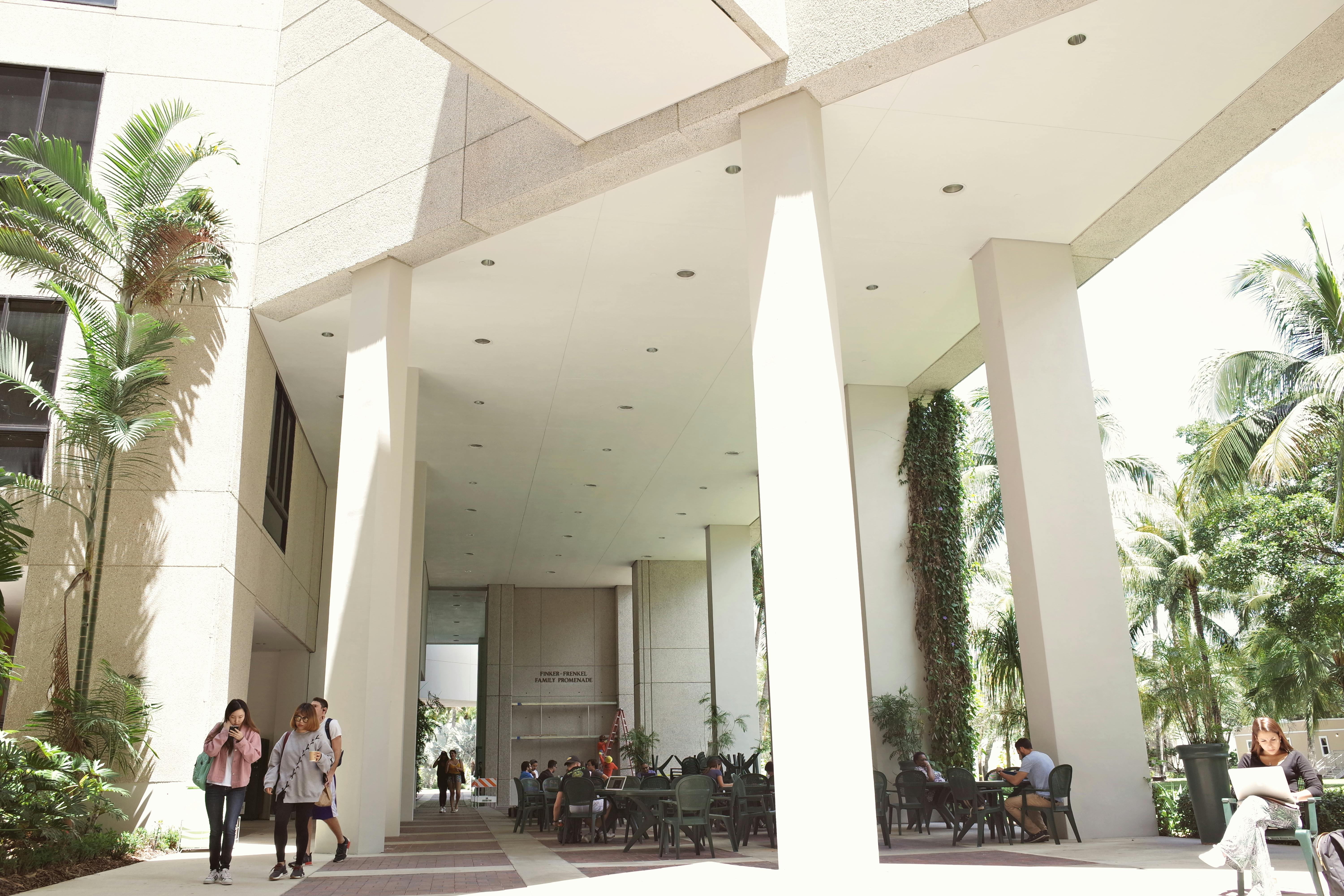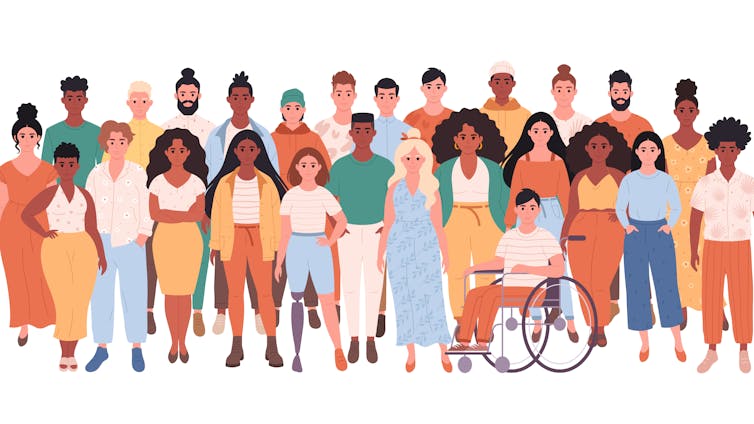The better you are at your job, the more you should be worried about AI
Tips

The past few months I've been mulling over a series of studies economists have conducted on the value of artificial intelligence in the workplace. How much, they wanted to know, does AI help white-collar professionals do their jobs? The productivity gains they've observed are substantial: AI is clearly making us better, faster workers. The numbers have prompted AI optimists to predict an economic boom and AI pessimists to worry about a future of fewer jobs.
But behind those numbers, buried a little deeper in the studies, is the finding that interests me. The question isn't how much AI helps out around the office but who it helps — and why.
AI, the studies indicate, is making us more productive in a weird way. It's not helping everyone get better at their jobs. It's mostly turbocharging workers who are bad at their jobs, while doing little to aid — or even hindering — those who are already productive to begin with. AI, in other words, is raising overall productivity by narrowing the gap between high performers and low performers. It's equalizing white-collar work — a vast swath of the economy that has always been predicated on the assumption that some people will inherently be much, much better at their jobs than others.
....
Continue Reading





Comments (5)
Best Company Reply
- Ali Tufan
- 2 days ago
Lorem ipsum dolor sit amet, consectetur adipiscing elit. Fusce vel augue eget quam fermentum sodales. Aliquam vel congue sapien, quis mollis quam.Because Other Candidates
- Martha Griffin
- 23 August 2018
Lorem ipsum dolor sit amet, consectetur adipiscing elit. Fusce vel augue eget quam fermentum sodales. Aliquam vel congue sapien, quis.Aldus PageMaker including versions Reply
Lorem ipsum dolor sit amet, consectetur adipiscing elit. Fusce vel augue eget quam fermentum sodales. Aliquam vel congue sapien, quis mollis quam.